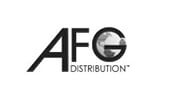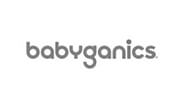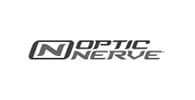Consumer Packaged Goods
Manufacturing and Distribution ERP Software for Consumer Packaged Goods Companies
With customers throughout the consumer packaged goods industry, we have experience supporting CPG businesses like yours. Learn more about NetSuite’s software solution.





Efficiently manage the financial complexities of your consumer packaged goods business in the
cloud:
Streamline financial reporting and close the books with ease.
Gain a 360-degree view of the customer across all sales channels and touchpoints.
Empower your employees with role-based dashboards.
Enable a real-time view of your business health—anytime, anywhere.
business for growth with industry expertise and dedicated
Private Equity and Venture Capital investor support and
experience.
at a time”
P.L.A.Y. leap from start-up to success with NetSuite
RUN YOUR BUSINESS
ON A SINGLE, TRUE
CLOUD PLATFORM
Rid yourself of multiple, disparate applications and bring your data into one customizable system.
KNOW YOUR
OPERATIONS LIKE
NEVER BEFORE
Gain insight from data gathered across your organization and empower your employees with the information they need.
GET A 360-DEGREE
VIEW OF YOUR
CUSTOMERS
Record every interaction automatically in a single, searchable system—from marketing to selling to service and support.
ENGAGE YOUR
CUSTOMERS
EVERYWHERE
Deliver true omnichannel shopping and service experiences across web, mobile, in-store and call-center.




























